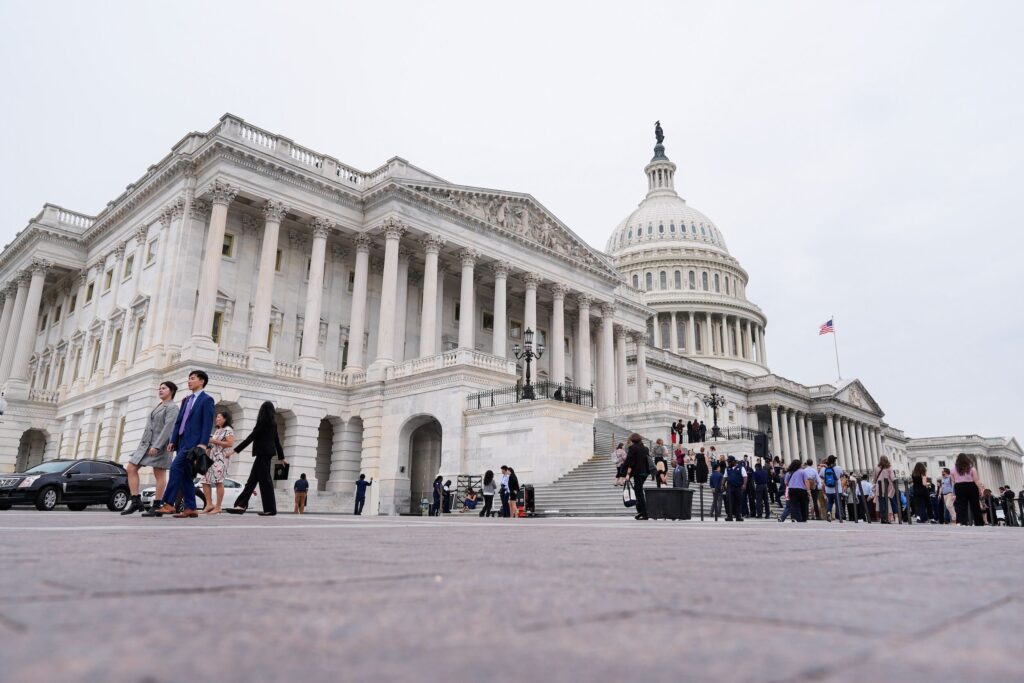Proposed amendments to Colorado’s condo construction defects bill looks to address opponent concerns
The longstanding fights between home builders and trial lawyers are in a different place as the bill to resolve longstanding condo construction defects issues heads to a committee hearing Tuesday.
The hearing on House Bill 1272 in the House Transportation, Local Government and Housing Committee will review an eight-page amendment that is bringing some of those most opposed to the measure to an “amend” position in the House Transportation, Local Government and Housing Committee will review an eight-page amendment that is bringing some of those most opposed to the measure to an “amend” position.
That includes the homeowner-led Build Our Homes Right organization and at least three law firms involved in construction defects lawsuits.
Rep. Shannon Bird, D-Westminster, told Colorado Politics that she’s incorporated many of the suggestions made by some of those who have marshaled the most significant opposition to the bill.
As introduced, HB 1272 requires a third-party independent inspector to make periodic checks during construction. The inspector cannot be employed or affiliated with the condo builder. While the builder would pay for the inspector, the standard practice is for the insurer to choose the inspector.
The builder is tasked with responding to and fixing what the inspector identifies as a problem. Proponents of the measure say this elevates the standards to a higher level of quality and imposes a higher burden of proof of quality.
In addition, the bill requires the claimant — the homeowner — to mitigate a defect and specify how that claim would be satisfied, as well as the consequences for not satisfying the claim.
A builder must provide the owner with an offer to settle the claims or, in lieu of that, a “written response that identifies the standards that apply to the claim and explains why the defect does not require repair.”
Under the measure, the statute of limitations for filing claims would change to 10 years unless the builder provides a warranty that meets the requirement of the revised law. In that case, the statute of limitations is six years.
Also, the approval of a homeowners’ association’s ability to pursue a claim against a developer would increase to 65% from its current 50% plus one.
Finally, the bill includes a “rebuttable presumption,” which can be used in a lawsuit — that a property has no construction defect when a state agency or local government has issued a certificate of occupancy.
At the request of the bill’s opponents, an amendment to be debated in committee Tuesday expands on the inspector issue, requiring inspectors to be either licensed construction professionals or inspectors who deal with building, electrical, energy conservation, fire, or mechanical codes.
The amendment also would create a multifamily construction incentive program, which provides a warranty against defects or damage. That warranty is one year for workmanship and materials, two years for plumbing, electrical, and materials, and six years for major structural changes that have been inspected by a third-party inspector.
If the builders participate in the program, they would be protected against claims unless damages affect system functions or safety.
The statute of limitations will also be considered in the bill’s amendments. Originally, the bill was set at 10 years, but the amendment was changed to eight years after “substantial completion” of the improvements. The amendment also puts more responsibility on homeowners or their agents to mitigate damages in a timely manner and absolve claims when the homeowner fails to follow the builder or manufacturer’s recommendations or to do “commonly accepted” home maintenance.
A competing bill, backed by the trial lawyers, will also be reviewed by the committee on Tuesday. Sponsored by Assistant Majority Leader Rep. Jennifer Bacon, D-Denver, it is supported only by progressive Democrats.
That contrasts with HB 1272, which has support from progressive and moderate Democrats, Republicans, and Gov. Jared Polis. Senate President James Coleman, D-Denver, is also a sponsor.
On Monday, Bacon acknowledged that some of the proposed changes for HB 1272 come from the measure she’s sponsoring through House Bill 1261. Bacon said she and those who support her bill still have concerns about the statute of limitations, different policies related to a house’s price point, and how damages are determined.
As to Polis’ support for HB 1272, Bacon said both the governor and Speaker of the House encouraged everyone involved to figure out “how we can put as much in one bill as possible.”











